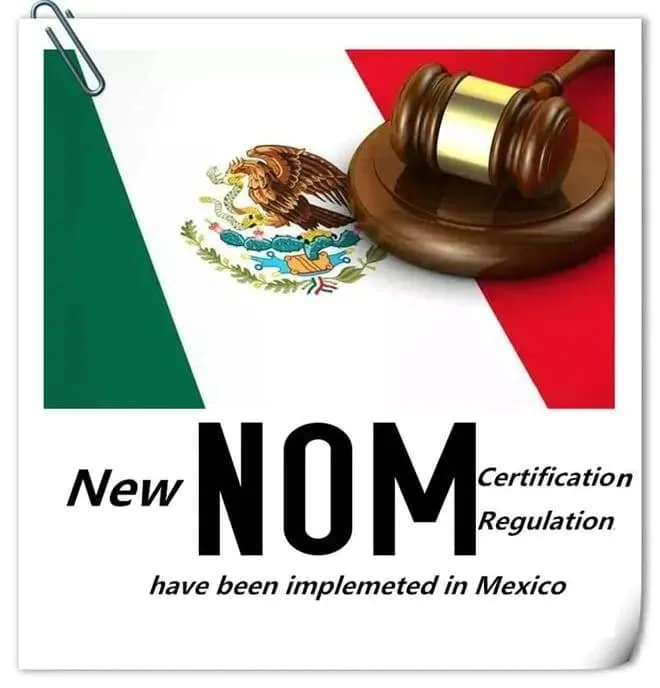When exporting goods to Mexico, it’s essential to navigate the landscape of product certifications to ensure compliance and smooth customs clearance. This guide delves into the key certification requirements for various product categories.
1. Electronics: NOM Certification
For electronics, the Norma Oficial Mexicana (NOM) certification is crucial. This ensures that products meet safety and performance standards. Companies must have their products tested and certified before they can enter the Mexican market.

2. Food and Beverages: COFEPRIS Regulations
Food and beverage exporters must comply with the regulations set by the Federal Commission for the Protection against Sanitary Risk (COFEPRIS). This includes registering products and ensuring proper labeling. Non-compliance can lead to delays or rejections at customs.
3. Pharmaceuticals and Medical Devices
Medicines and medical devices also fall under COFEPRIS regulations. These products require thorough registration and approval processes to guarantee safety for consumers. Exporters must be prepared for a detailed review of their products.
4. Toys: Ensuring Child Safety
Toy manufacturers must comply with NOM standards to ensure the safety of their products for children. This involves rigorous testing to meet safety regulations, which helps protect young consumers from potential hazards.
5. Construction Materials
Certain construction materials may need specific certifications to adhere to Mexico’s building codes. It’s important for exporters in this sector to stay informed about the latest regulations to avoid compliance issues.
6. Cosmetics and Personal Care Products
Similar to food and pharmaceuticals, cosmetics must follow COFEPRIS guidelines. This includes safety assessments and compliance checks to ensure that products are safe for consumer use.
Conclusion
Navigating product certification for exports to Mexico can seem daunting, but understanding the specific requirements for each product category can streamline the process. Collaborating with professional customs agents and regulatory consultants can provide valuable insights and assistance. By ensuring compliance with these certification standards, businesses can successfully tap into the Mexican market and expand their global reach.
Are you considering exporting to Mexico? Let’s discuss how to navigate these requirements effectively!
